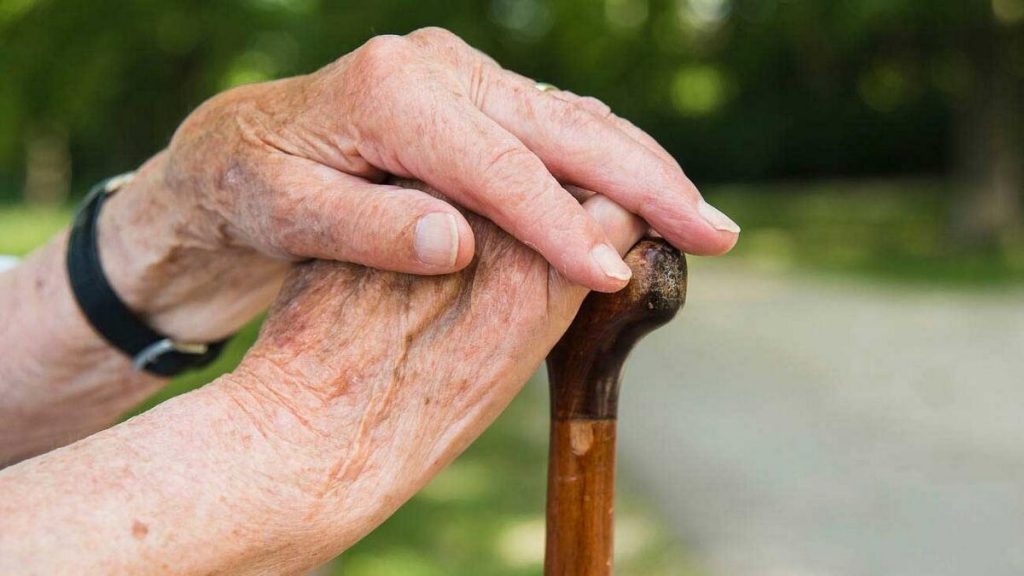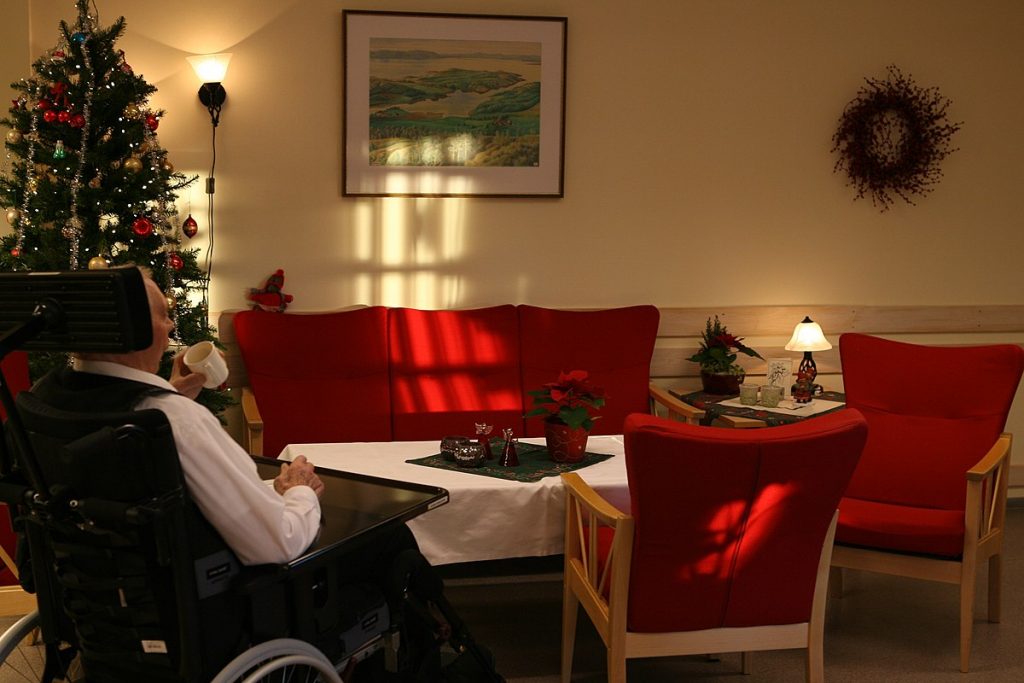-
Challenges For Senior Citizens
As our population grows older, there are many challenges for senior citizens. Managing health and finances, getting out of the house, and managing chronic conditions are just a few. These topics are important for seniors to face in order to live the best life possible. These challenges are real and often overlooked. But with a little planning and research, these challenges can be overcome.
Health care
Managing the health of senior citizens is a complex task. With an aging population, a growing number of seniors are facing a variety of chronic conditions which are mostly detailed on wilmacliving.com. This means more interactions between medical professionals and family caregivers. In addition, many older people are taking several medications, which makes the task even more complicated.
Financial issues are another pressing concern. Many older Americans do not have the money to pay for multiple prescriptions for chronic conditions. This drains their financial resources quickly. The Center on an Aging Society, Merck Institute, Kassner & Bectel, and other organizations have conducted research that illustrate this issue.
Related: Social Issues That Affect Older People
Financial challenges
Senior citizens are facing a number of unique financial challenges, as the economic climate has changed dramatically in recent years. While the official retirement age remains at 62, many older persons today are facing financial problems due to rising debt interest rates and an unstable housing industry. Many are forced to ignore debt collection letters and live on a limited income. Fortunately, there are programs in place that can help seniors cope with their debt.
One of the biggest challenges for older Americans is housing costs, which are unsustainable. Many older Americans spend more than 30% of their income on housing, which leaves them vulnerable to foreclosure. Baby Boomers have been taking out loans against the equity in their homes to meet their financial needs, resulting in a loss of savings and increased personal debt.

Getting out of the house
Getting out of the house for senior citizens can be difficult, but a variety of activities can help them stay active. One of the best options is to join a community center. This will help seniors make friends and socialize. Many senior centers offer volunteer services to visit seniors once a week. These volunteers will keep seniors company and listen to their problems.
Seniors are especially at risk of falls in the bathroom. The floor can be slippery or hard, and bathtubs and showers can have high steps that can cause falls. A walk-in tub or shower can make bathing safer and more convenient. Additionally, special door locks and chimes are available to help seniors who are suffering from Alzheimer’s disease feel safer in the house. There are also remote alarms and window sensors that can alert caregivers if a senior wanders out of the house.
Managing chronic conditions
Managing chronic conditions for senior citizens can be a challenge. The deteriorating state of a senior’s body can be extremely frightening and can have a profound effect on the quality of life. This is why it is essential to understand the needs of senior citizens with chronic disease. Managing chronic disease for seniors requires a team effort between the patient and family.
Most chronic conditions require regular follow-up appointments. Physicians are usually busy and do not always have the time to follow up with patients. In addition, older adults who have chronic conditions often have multiple follow-up items. The standard care model does not have a clear way to manage this.

Moving in a community
Moving into a community for senior citizens can be a stressful experience. There are a few things you should prepare before moving. It is important to make sure you are well-prepared mentally and physically, so it will be easier for you to adjust to the new environment. Consider making a checklist of tasks to complete before moving in and asking the move-in coordinator for help.
One of the biggest benefits of moving in to a community for senior citizens is that you will have access to a wide range of care services and amenities. This means you can enjoy your retirement years more. Many senior communities offer assisted living and independent living to meet the needs of older residents.
Social isolation
Social isolation is one of the biggest challenges for senior citizens today. It is a complex health issue that is worsened by a number of factors, including physical barriers, geographic isolation, and racism. While many of these factors can be addressed by individuals, many others must be addressed by communities. To combat the problem, social innovators can use innovative strategies to work together and reach out to senior citizens in new ways.
Understanding the unique challenges facing seniors from immigrant and refugee backgrounds is crucial to addressing social isolation. Existing programs have been successful in reducing social isolation among this vulnerable population, but significant gaps and regional disparities exist. This highlights the need for more evidence-based initiatives. While these programs have made strides in helping older people with social isolation, more research needs to be done to ensure that they are providing the most effective services and supports.
-
Health-Related Quality of Life Among Senior Citizens
The EQ-5D index value significantly differs by age and gender among senior citizens. Its mean value of 0.34056 is significantly lower among elderly cardiac patients who require assistance with activities of daily living. Moreover, a Kruskal-Wallis analysis revealed that patients taking five or more medications or having a comorbid condition were more likely to report low health-related quality of life.
Health-related quality of life
Although life expectancy continues to increase, many factors can affect the quality of life of older adults. Researchers have studied the health-related quality of life of 1,958 senior citizens to determine factors that affect seniors’ quality of life, for more detail visit wilmacliving.com. They used the SF-36 questionnaire to assess health-related quality of life. Among the factors that are associated with lower quality of life were vitality, mental health, and general health. However, social functioning and role limitations due to physical and emotional factors had the highest scores.
Cardiovascular diseases are common among older adults and are often associated with reduced quality of life. Most of these diseases can be controlled with medication and lifestyle modifications. However, many medications are prescribed for long periods of time. It is important to evaluate the impact of medical interventions on quality of life before prescribing them to older adults. Some cardiovascular medications are known to have adverse effects on quality of life, and there are many ways to assess the impact of these medications on seniors’ health.
Social support
There is a strong association between social support and health-related quality of life (HRQOL) in senior citizens. However, few studies have examined the relationship between social support and health-related quality of life. Moreover, previous research has revealed that there are significant associations between social support and physical health, such as a Kuwaiti study that found a direct association between social support and somatic symptoms.
Previous research has demonstrated that the perceived level of social support is a better predictor of health-related quality of life than actual levels of support. Similarly, higher perceived social support was associated with better mental and physical HRQOL for both patients and caregivers. However, this relationship has not been systematically investigated for multiple chronic conditions and in Italian patient-caregiver dyads.
Physical activity
There is a high association between physical activity and improved health, especially for older adults. Lack of exercise contributes to many health conditions, especially heart disease and stroke, as do low levels of physical activity. To improve health, the key is moderate-to-vigorous exercise, including strength training and aerobic exercises. Yet, only a small proportion of older adults exercise to the recommended levels. Health care providers must encourage more seniors to engage in regular physical activity to improve their health and quality of life.
Increased physical activity is associated with higher levels of mental and emotional well-being in older adults. Research has also shown that physical activity is linked with lower rates of mortality, including depression, anxiety, and loneliness. Although this study focused on those who exercise regularly, it should not be the only way to promote healthy aging. Inactive individuals are at a higher risk of death from all causes, so if an individual can increase their physical activity, the overall quality of life will improve.
Diet
The number of adults over the age of 65 in the US will double by 2060, making up one-fourth of the population. Considering this, it is crucial for these adults to maintain physical and mental health. As a result, understanding trends in dietary quality is important for the development of evidence-based policies and strategies to reduce diet-related morbidity among older adults. In addition, these trends help to uncover disparities in dietary quality and identify high-risk individuals.
The relationship between diet quality and health-related QoL among senior citizens is complex. The study included two types of measures: the European QoL five-dimension, three-level (EQ-5D-3L) and the EQ-VAS. The researchers measured HRQoL using standardized measures of food intake and diet quality and then compared these measures to assess the level of malnutrition. The findings indicate that diet quality is a significant predictor of health-related QoL.

Leisure time
In order to understand the link between leisure time and health-related quality of life, researchers have studied senior citizens in China. They found that leisure participation was associated with higher mental health and better social relationships. In addition, the positive influence of social networks on older people’s health can be explained through the role optimization theory. It has been found that older adults who participate in recreational activities have less depressive symptoms and increased sense of self-efficacy.
Among senior citizens, leisure time is associated with increased social interaction and quality of life, as it helps maintain relationships, boosts communication skills, and rebuilds daily life. Several studies have suggested that leisure activities are crucial to healthy aging, as they promote social interaction and improve ADL capabilities. Moreover, domestic studies suggest that leisure participation is related to basic attributes, ADLs, and self-perceptions.
Consumption of fruit and vegetables
High-nutrition diets containing plenty of fruits and vegetables can reduce the risk of chronic disease and promote healthy aging. Unfortunately, many senior citizens are homebound, and their diets are low in fruits and vegetables, which provide important phytochemicals and protective nutrients. A new study in Seattle found that delivering market baskets of fresh, locally grown produce to low-income Meals on Wheels participants can improve fruit and vegetable consumption.
The study found that intake of the most varied fruit and vegetable subgroups, including green leafy vegetables, cruciferous vegetables, citrus fruits, and vitamin-rich vegetables, was inversely related to total mortality. However, intakes of starchy vegetables and fruit juices had no effect on mortality. Although the results are mixed, they do show that the consumption of fruit and vegetables is associated with health-related quality of life.

